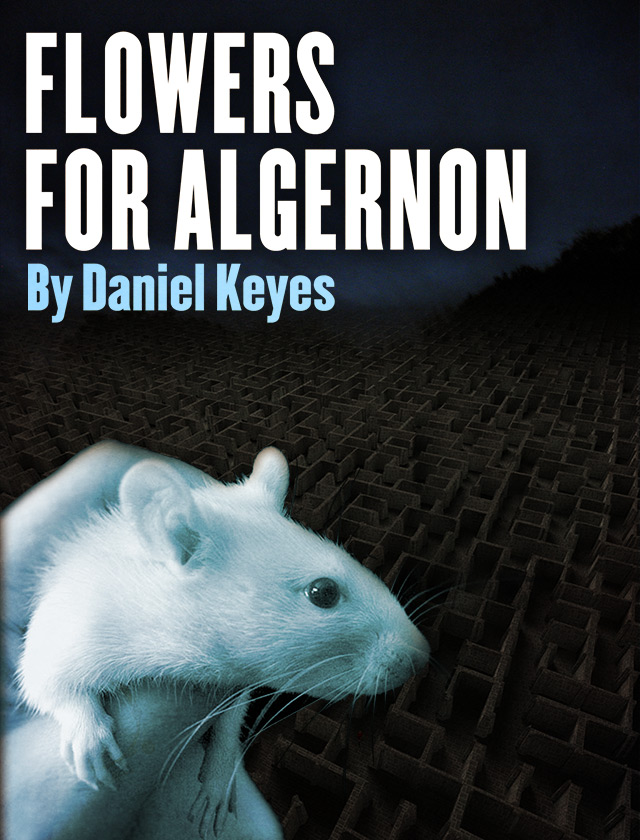Flowers for Algernon
by Daniel Keyes
Story Symbols and Themes
Themes
Marginalization of the Disabled
Charlie’s transition from mentally disabled to possessing a genius-level intelligence, and then back again, offers a unique perspective on the treatment of the disabled. Before his surgery, Charlie is naïvely unaware that his “friends” are making fun of him or that people look down on him. His increasing emotional and intellectual awareness force him to see just how cruel people tend to be toward the disabled. Often, the cruelty is the result of their own ignorance—such as when Joe Carp kicks Charlie’s leg out from under him in a flashback scene, and mistakenly assures another co-worker that Charlie can’t feel pain or be upset by this. Sometimes people mistreat Charlie out of a desire to feel superior, which is another thing Charlie realizes as his intelligence increases. Charlie also consistently insists, to himself and to the reader, that he is a human—that he was fully human before his operation, just as he is after. This is one of the most important lessons offered in Flowers for Algernon. Both the pre-operative Charlie and the Charlie of the middle of the book have feelings; they feel loneliness and love equally. Keyes uses the unique devices offered by the novel’s plot to inform the reader of some uncomfortable truths about human behavior, calling us to examine the marginalization and dehumanization of the developmentally disabled within our culture.
Consequences of Man Attempting to Play God
In the tradition of much speculative fiction and science fiction, Flowers for Algernon calls us to examine the ethical implications of using science to alter nature. Charlie is born one way, and the scientists in the novel develop a surgery designed to alter him. A number of characters allude to the story of Adam and Eve eating from the Tree of Knowledge and then suffering God’s punishment as a result, and this is meant to be a warning to Charlie. Charlie himself says...
Sign up to continue reading Story Symbols and Themes >